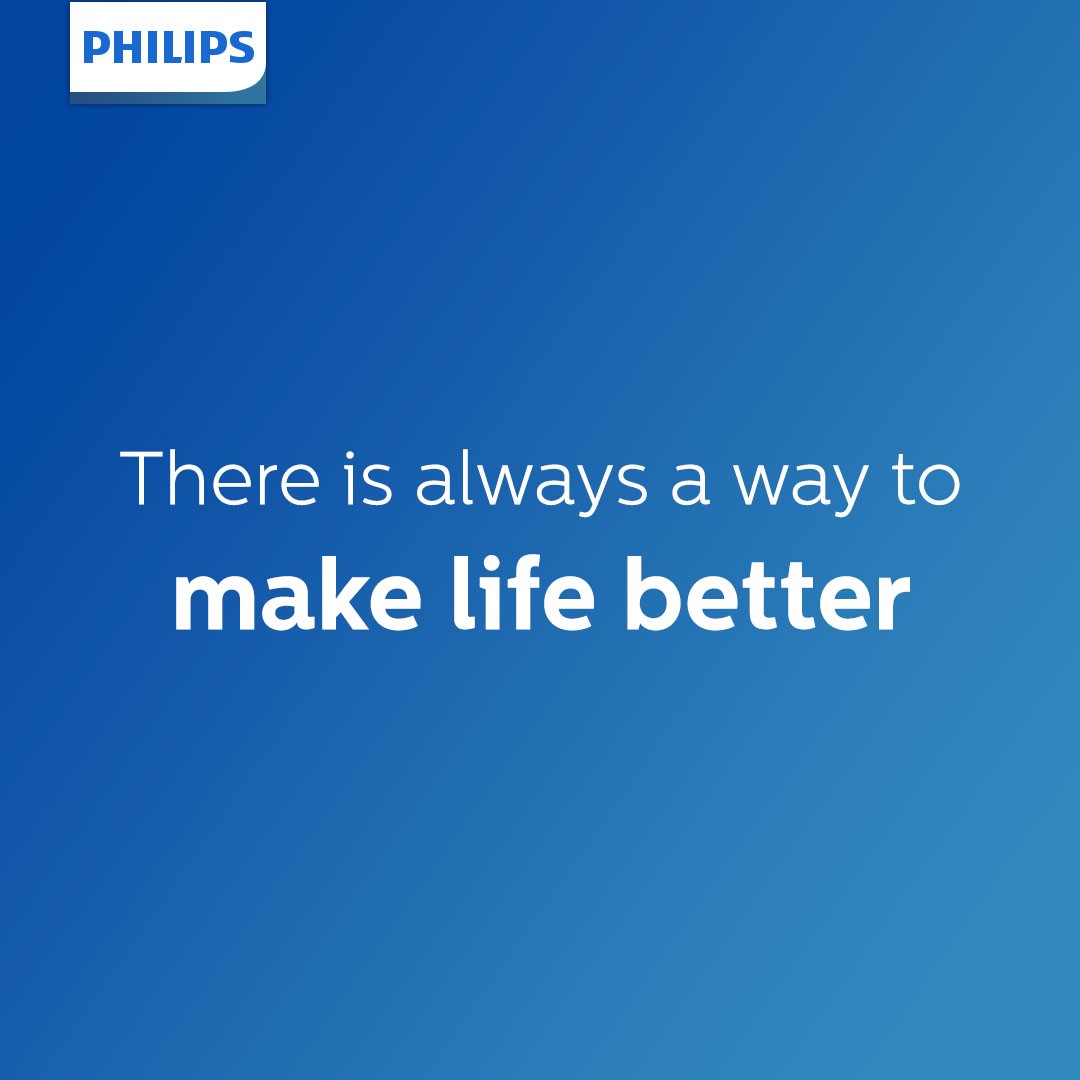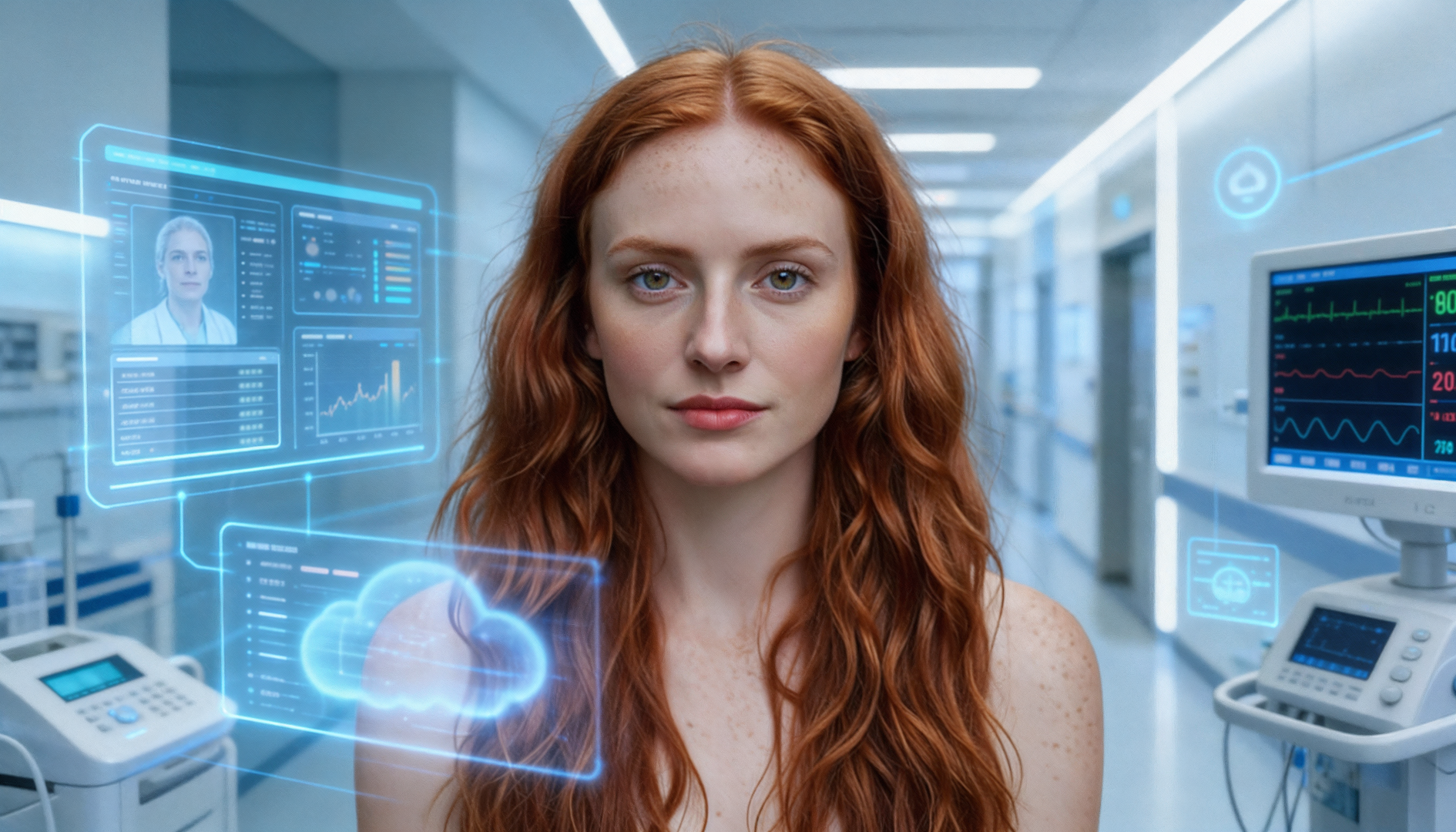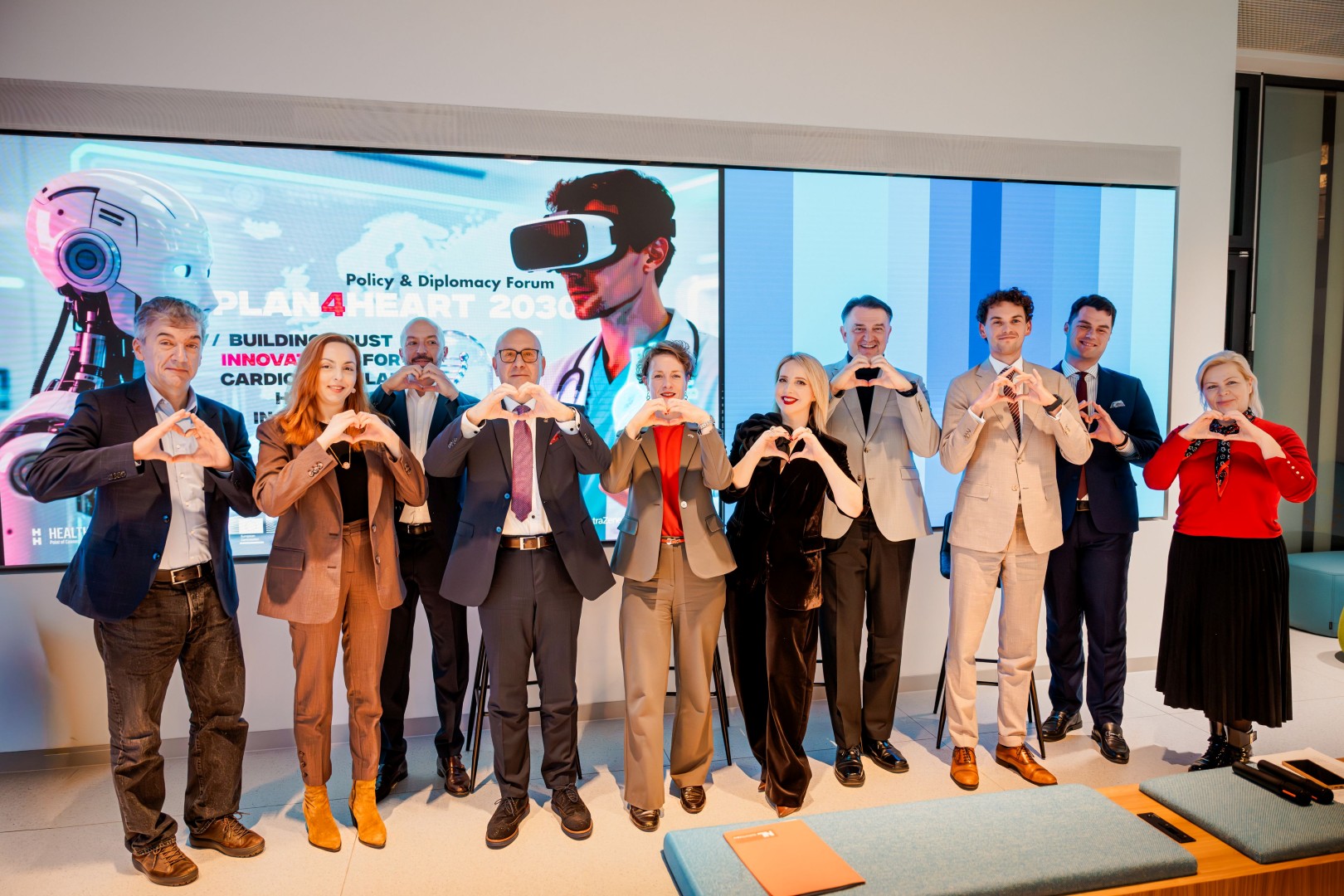Visionnaires of Business Diplomacy- Miroslav Šaban (Philips): “We need to partner and collaborate; we are strong believers in co-creation of healthier tomorrow!”
usiness diplomacy involves developing strategies for long-term, positive relationship building with governments, local communities, and interest groups, aiming to establish and sustain legitimacy and to mitigate the risks arising from all non-commercial or exogenous factors in the global business environment. Business diplomacy is different from lobbying or strategic political activity; it implies an (strategic / holistic) approach of an international business to look at itself as an actor in the international diplomatic arena. Representation, communication and negotiation are key in such an approach.
According to World Economic Forum, „business leaders not only have to manage the day-to-day challenges and risks to operations in their industry, but also navigate the fall-out from several on-going crises – cost-of-living crunch, global economic slowdown, soaring energy prices and climate disasters. And these are just the headline challenges. Shifting business models post-pandemic, as well as changing customer preferences and expectations add to the strategic demands… Only by pooling our resources, skills, knowledge and collective intelligence can we effect change – and deliver impact – on the scale required. “
Davos Agenda 2023 covered very important topic on how business leaders can make impact in their communities, stating that effecting change and creating impact is often about many small steps. „There is no one decisive factor, but instead a lot of moving parts. Today’s business leaders are expected to lead, but also listen, take responsibility and do the right thing, and above all, have a beneficial impact.“
As a part of our think tank’s Health Hub Global Policy Network, we wanted to acknowledge business leaders with tireless efforts, global networking expertise and dedication in business diplomacy and improving the lives of communities as well as the overall economy, health and quality of life. Our editorial „Visionnaires of Business Diplomacy“ presents to you inspiring people, Tatjana Skoko (Microsoft, AmCham Board of Governors – Secretary / Treasurer) and Miroslav Šaban (Philips, AmCham Board of Governors – Untitled Governor).
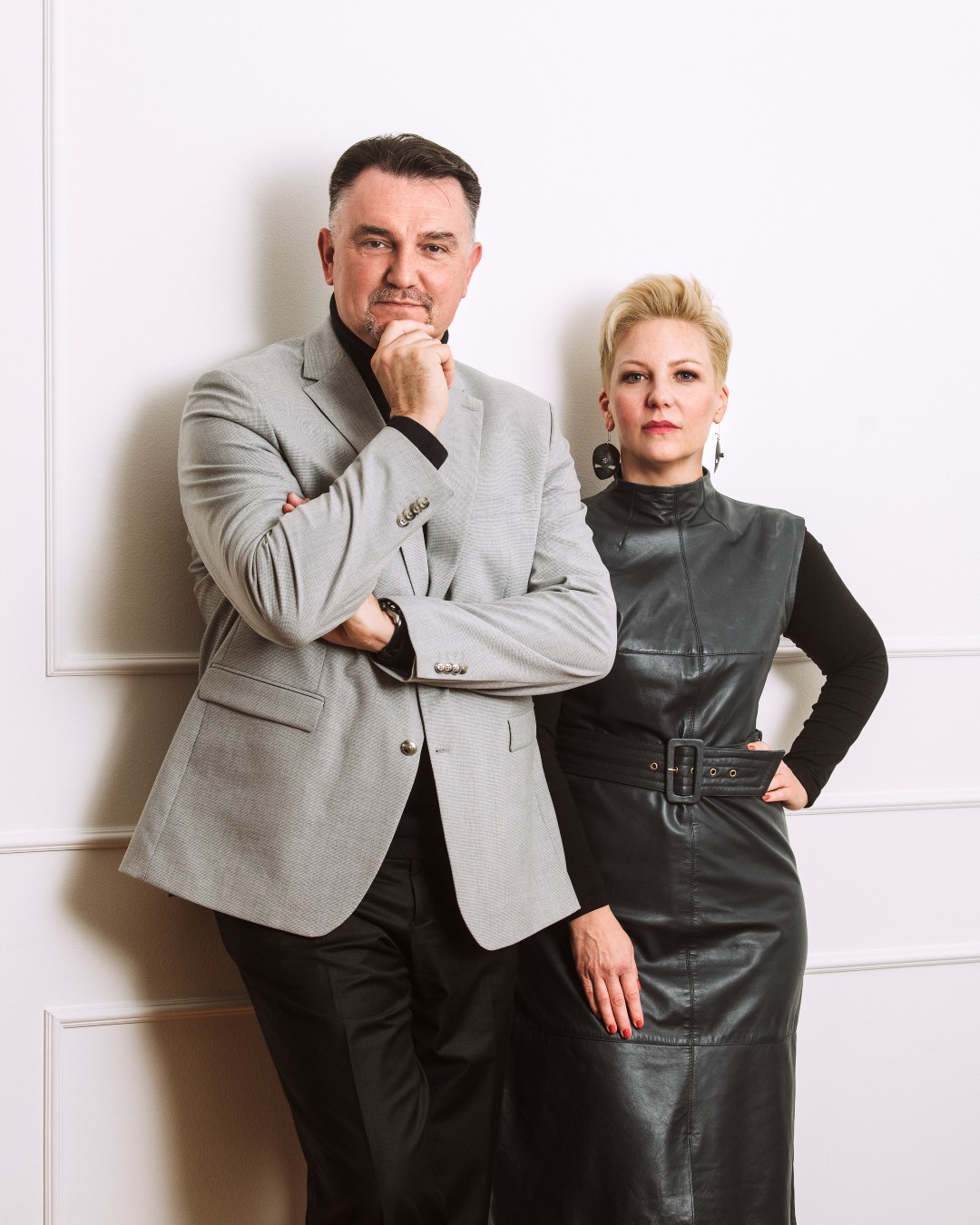
“Visionnaires of Business Diplomacy“: Tatjana Skoko (Microsoft, AmCham Board of Governors – Secretary / Treasurer) and Miroslav Šaban (Philips, AmCham Board of Governors – Untitled Governor)

Miroslav Šaban
Philips
AmCham Board of Governors – Untitled Governor
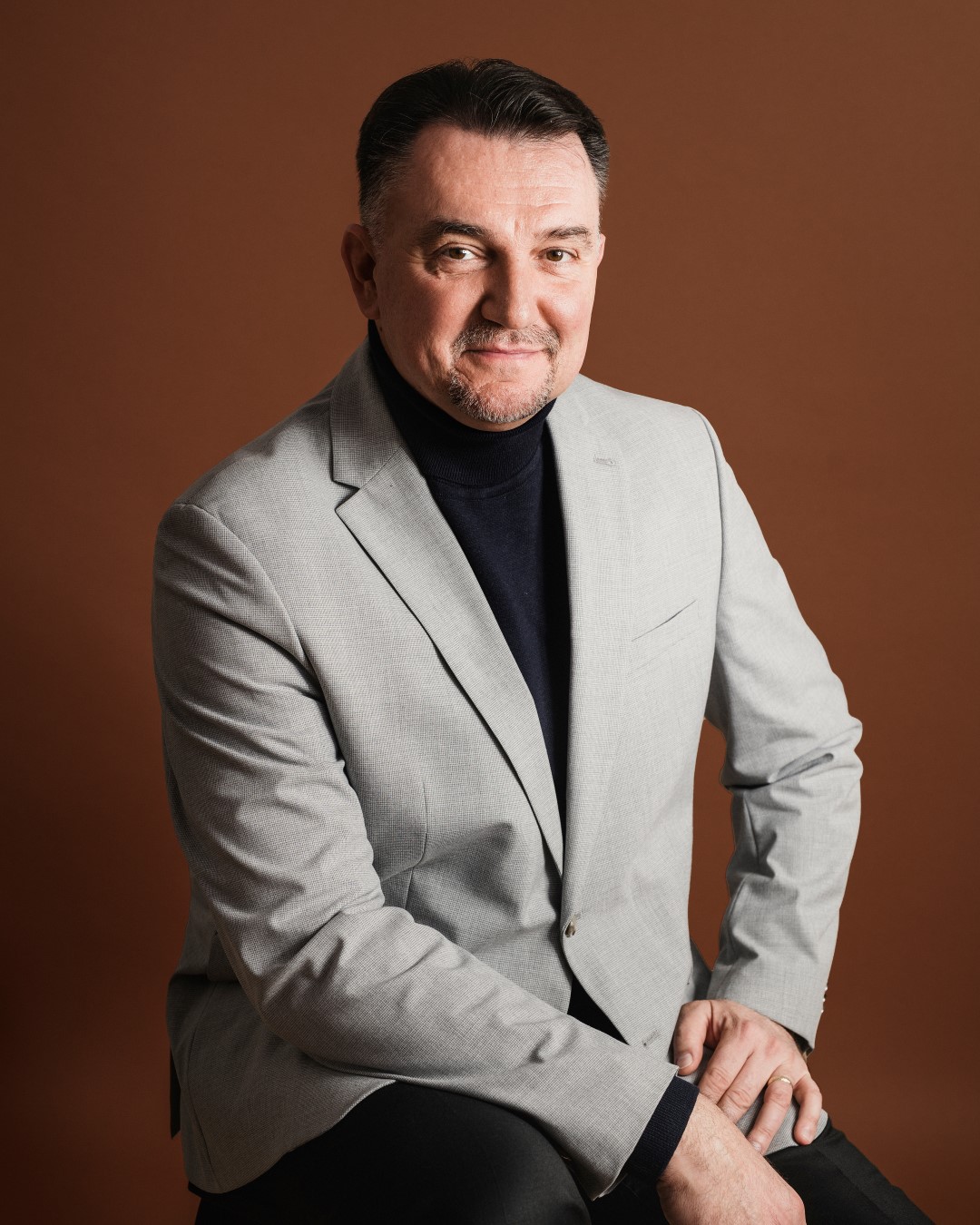
“Visionnaires of Business Diplomacy“: Miroslav Šaban (Philips, AmCham Board of Governors – Untitled Governor)
Geopolitical and domestic political issues are other unsettling factors. Nine out of ten economists surveyed for the World Economic Forum’s latest Chief Economists Outlook Report believe geopolitics will create economic volatility in the year ahead.
How important is to create a constructive dialogue and sense of joint action of all stakeholders in economy ecosystem to overpass the obstacles?
Healthcare Technology is not business as usual, due to the complexities at hand it’s a very specialist domain. We need to partner up together. We need to partner and collaborate. At Philips, we are strong believers in co-creation – sitting alongside our customers to understand their pain and develop a solution, a business model and a measurement framework that drives at solving the unmet need. This sets basis for deep long-term collaboration — forging multi-year strategic partnerships to help health care leaders better manage the cost and complexity of their technology investments while expanding access to advanced medical care to improve patient outcomes.
We have a number of these LSP – long-term strategy partnerships – encompassing Managed Technology Services, Minimally Invasive Treatments and care pathway digitalization in cardiology, stroke and oncology. Example: Philips five-year LSP with the Rennes University Hospital in Brittany in the domain of digital pathology. Faced with an extreme shortage of pathologists and anatomized, we collaborated to digitalize pathology across multiple sites. Increasing attractiveness of Rennes as a research center and place to work for pathologists while increasing patient access, speed and outcomes for vital diagnostics. On top of the collaborations between industry and customers, I welcome more involvement from digital ministries and professional associations to help guide and standardize implementation roadmaps and set standards.
Otherwise, we risk suboptimal investment due to fragmented innovation and in-operable platforms. And it’s not just about data and technology. Embedding digital skills, aligning incentives and managing the change process are all essential disciplines.
There are many changes and new priorities on business horizon, such as creating competitive business environment, supporting digital economy, building affordable, sustainable and innovative healthcare systems (specially after pandemics), establishing good governance and raising awareness on sustanability.
How does your expertise contributes to those new priorities?
It is so important that as an industry we really embrace and to reflect on solutions for how healthcare to be provided with best quality to most of people on different geographies. This is especially meaningful during a time when we see so much turmoil in the world. The impact to everyone who is facing crisis on their doorstep – in the Ukraine, Russia, Israel and Gaza – is brutal. Together, we must condemn violence and hatred in all forms. As an industry devoted to healing care, we can lead by example and treat those with immediate need. And we also have a responsibility to plan for other pressures and crisis that will surely come – through conflict, through climate change and through economic or material shocks to the healthcare systems. Today, healthcare is simply not working as it needs to, and health systems are struggling to deliver accessible, high-quality care to patients. Everyone agrees that we need to ‘fix the system’, but healthcare providers are struggling to transform, as the immediate day-to-day pressures eat up all available time and resources. There are five immediate areas that I believe we as an industry need to urgently address following priorities:
-
- Providing access to care for developed and developing communities
- Addressing staff shortages so we have the capacity to treat everyone who needs care
- Planning for resilience so we can manage and prepare for difficult times
- Accelerating net zero in healthcare through greener hospitals. The healthcare sector is responsible for more than 4% of CO2 emissions globally, more than aviation and shipping combined. We have a responsibility to extend the Hippocratic oath to do no harm and to care for the planet as much as we do for patients. Because there is no net zero without the healthcare industry getting on board. It certainly aligns with our purpose at Philips to improve 2.5bn lives by 2030. We are increasingly hearing from hospitals and healthcare providers that they want help and support in decarbonizing their clinical operations to achieve more sustainable healthcare
- Collaborating and partnering with each other – we have a big challenge in front of us and need to work together. No one person, institution or entity can solve these issues alone.
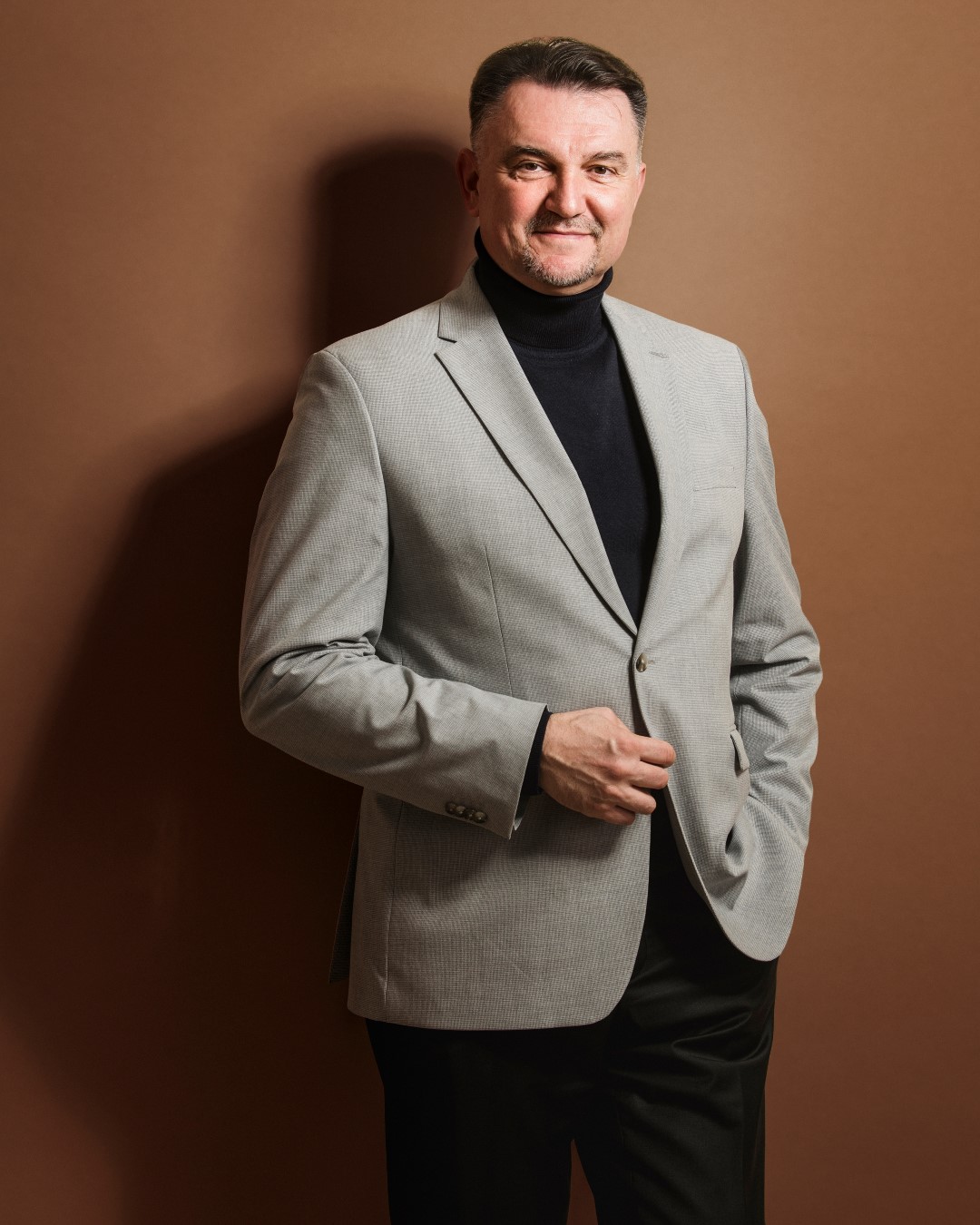
“Visionnaires of Business Diplomacy“: Miroslav Šaban (Philips, AmCham Board of Governors – Untitled Governor)
Healthcare was never in the history more related to economy (after pandemics hit all countries around the globe).
What would be your vision of resilient, sustainable and innovative healthcare system, that utilizes innovations, digitalization and digital transformation in healthcare?
We see many structural challenges in healthcare systems across Europe and globally as we continue to grapple with a growing, aging population and the burden of disease. It’s important that we learn from shock events such as the pandemic, and extreme climate events caused by global warming, water and air pollution and lack of biodiversity. Because we will need to be ready for another pandemic, and more health-based issues triggered by climate change in addition to the baseline challenges we are already facing. I am an optimist: innovation and technology present many opportunities. Philips supports increased investment to substantially strengthen national and regional health system resilience, digitalization, and sustainability. Our priorities are:
-
- Increase health system capacity to clear backlogs in diagnostics and elective procedures. Missed cancer diagnoses and cardiovascular procedures is an urgent area.
- Accelerate the digital transformation with investments to ‘’operationalize’’ health data.
- Shift to telehealth applications and services – accelerating hospital-to-home innovation to reduce the burden on primary clinics
As an industry, we call on governments to safeguard hospitals from rising costs and ensure critical investments are not redirected. We cannot allow progress in healthcare transformation to be derailed. Models for stockpiling is something we need to explore further
“I am an optimist: innovation and technology present many opportunities.”
Who is actually Miroslav Šaban? What is your real passion in life in addition to being a true visionaire of business diplomacy?
I am extremelly passionate in my business and private life to support all best efforts of medical professionals to provide this ultimate best access to care for anyone and anywhere. This makes me very proud of doing in my government and public affairs role in Philips. This is inspirational for me and also require constant learning and knowledge improvements with ever present changes in technology and medical services we as med-tech company introduce to the markets. In my free time I like to enjoy with my family and number of our friends. I try to be as active as possible and benefoit from tennis and hicking. Love reading and music and especially good movies.
What would be your message for our business ecosystem and why it is important to build international networks and learn from the best global practices?
Healthcare workers worldwide are bound by the oath to do no harm. To do everything in their power to help and heal patients. And to see beyond the X-rays, the medical charts and the many data points that are collected across the patient’s journey to not just treat the disease but to heal the whole person. This includes caring for all at the point of immediate crisis – including navigating healthcare demands stretched by war, climate shocks and displaced populations. And it means planning to ensure that access to sustainable and open care is available for anyone in need, and that the policies and financing are in place to support this ultimate vision of resilient healthcare in Europe. Without change, communities across Europe – both rich and poor, in both wealthy and emerging economies – will increasingly face challenges to get the care they need.
“Access to sustainable and open care needs to be available for anyone in need, and policies and financing need to be in place to support this ultimate vision of resilient healthcare in Europe…”
There’s a lot of work to be done. But there is also potential for a future where people everywhere, no matter who they are or where they live, are able to look after their health and well-being, and access the care they need, when they need it. Where health systems run smoothly, efficiently and sustainably, with doctors and nurses seeing the patient at the right time and at the right point of care. And where they can be confident that the right choice is also the easy choice, with simple workflows enabling them to give patients the best care and best experience possible.
With solutions, for example, supporting more parents and babies in the first 1,000 days, including infant feeding, connected baby monitors and digital parental solutions, as well as fetal monitoring that leverages clinical expertise. Other examples include oral healthcare solutions supporting the connection between good oral care and good overall health. Tomorrow’s healthcare can be a connected and accessible network of virtual and in-person care, with real-time and predictive insights supporting collaboration across the patient journey. And with AI optimizing workflows and improving efficiency, helping healthcare data move seamless between care settings too. All of this so that clinical staff get the time and space to focus on what they do best: caring for their patients.
